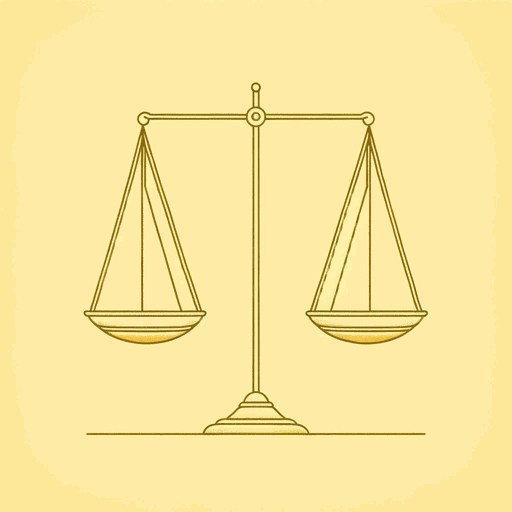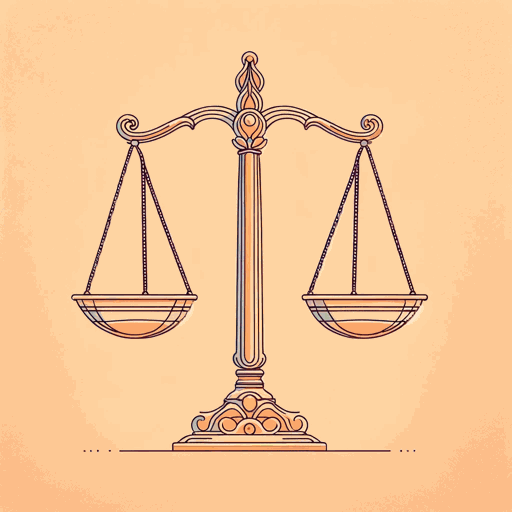49 pages • 1 hour read
Milton Friedman, Rose FriedmanFree To Choose
Nonfiction | Book | Adult | Published in 1980A modern alternative to SparkNotes and CliffsNotes, SuperSummary offers high-quality Study Guides with detailed chapter summaries and analysis of major themes, characters, and more.
Introduction-Chapter 2Chapter Summaries & Analyses
Introduction Summary
America has been a magnet for people who want the freedom to better themselves. This is “an economic miracle and a political miracle” (1) that is based on two concepts from 1776: the principle of prosperity through voluntary exchange, as described in Adam Smith’s book The Wealth of Nations, and the principle “that every person is entitled to pursue his own values” (2) as outlined in Thomas Jefferson’s Declaration of Independence. The only reason a society may interfere with a person’s freedom, declares John Stuart Mill, is “to prevent harm to others” (2).
With “a clean slate” of freedom politically and culturally, America quickly prospers (3). At first, nineteen out of twenty Americans are farmers, whereas today only one in twenty are. When “the shame of slavery” is abolished, agricultural growth accelerates, and today the US is “the largest single exporter of food in the world” (3). Meanwhile, centralized government farms in Russia, India, mainland China, and elsewhere employ upwards of half the citizenry yet often must rely on American food shipments to avoid starvation.
The plenty brought about by liberty leads some to wonder if a more powerful government could now be used, not merely to preserve freedom, but also to clean up the remaining problems of society: “They forgot the danger to freedom from a strong government” (4).


